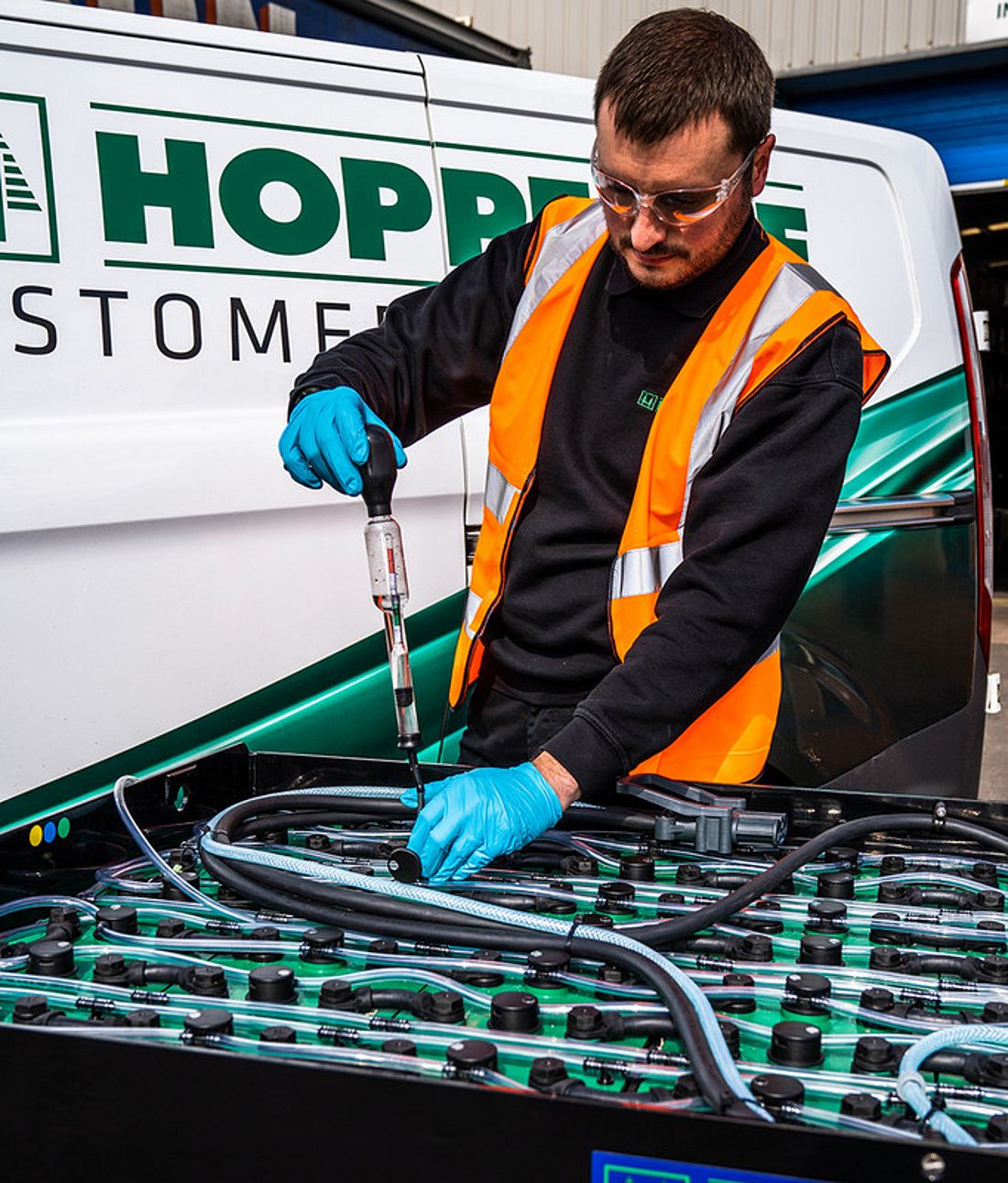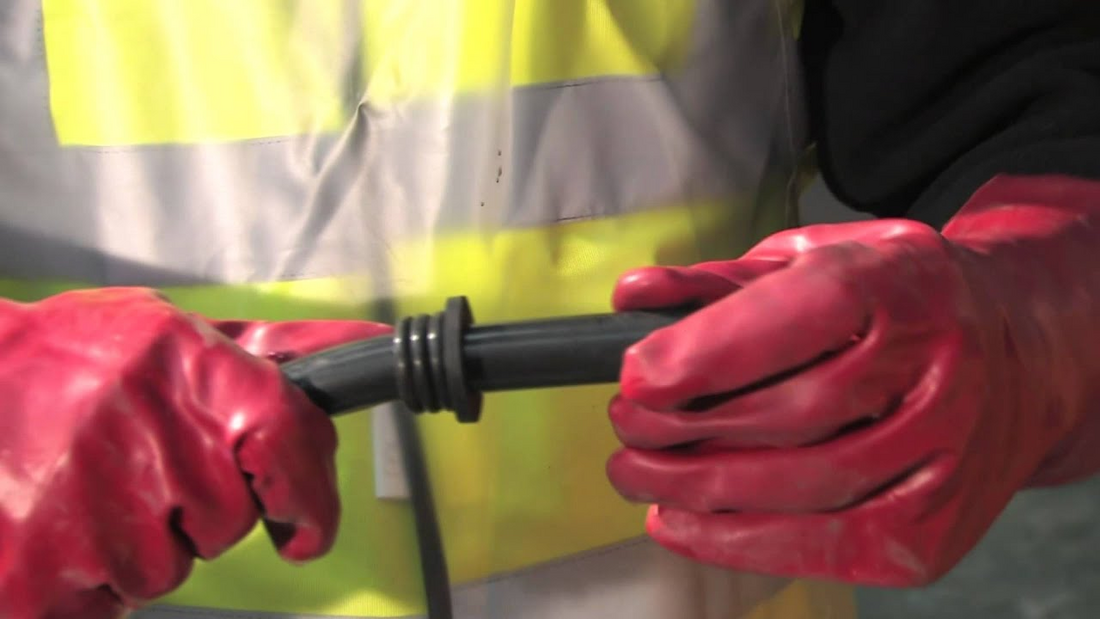For logistics operations that count on a forklift fleet powered by lead-acid batteries, we cannot stress enough how important it is to treat them with respect. Appropriate care and routine maintenance, which includes adhering to recommended topping up procedures, will help to promote truck uptime, improve performance and prolong battery life.
Mistakes can happen, of course, but let’s be clear: ignorance of the right way to top up and use of inappropriate fluids can have devastating consequences.
Simple error
We have first-hand experience of the problems that can ensue. Take, for example, the customer who inadvertently topped up with AdBlue. The additive has been used in diesel engine lorries and buses for years, and is increasingly used in diesel cars, to help neutralise harmful emissions. However, in this instance it ruined all batteries in the entire forklift fleet and the company had to find £40,000 it hadn’t budgeted for replacement batteries.
It was a simple error – the AdBlue was stored adjacent to the company’s distilled water – but one that proved extremely costly. Fortunately, we had sufficient batteries in stock to respond quickly and disruption to the customer’s busy warehouse operation was kept to a minimum.
Chemical process
Lead-acid batteries use up water during the chemical process. This water must be replaced, filling the individual cells to the appropriate level to provide an efficient mix of chemicals and electrolytes. Battery damage is inevitable if the water level drops too low.
The advice is always, but always, top up with distilled or demineralised water. This is ultra-pure water and, ideally, it should measure between 5 and 7 on the pH scale and have a conductivity of less than 10μ Siemens.
Ordinary tap or bottled drinking water should never be used.
If you use any other type of fluid and, anecdotally, we have heard of forklift operators topping up with tap water, washing up liquid, screen wash and Coca Cola, you will experience major problems. The chemicals in these fluids can cause all sorts of highly undesirable adverse chemical reactions.
Irreparable damage
AdBlue consists of a mix of high-grade urea and deionized water, which is injected into the exhaust system to help lower the levels of nitrous oxide emitted. Using it to top up forklift batteries is potentially dangerous because the resulting chemical reaction damages batteries beyond repair and may produce ammonia gas, which is highly corrosive and toxic for people.
Even tap water contains trace elements and minerals which are detrimental impurities for batteries. During the chemical process these impurities reduce battery performance and can cause trouble starting your machines. Calcium, present in water, the cause of water hardness, results in increased shedding of the positive plate material. Although trucks may limp on for a while, eventually you will have to source replacement batteries – and cope with the impact on productivity whilst trucks are out of action. Impurities are also responsible for shortening battery life; if you top up with anything other than distilled or demineralised water you simply will not get the standard 5-6 years.
AdBlue, tap water demineralised water and distilled water all look the same, so it’s easy to see how someone might choose the wrong fluid. Since damage to batteries due to inappropriate topping up can be irreparable and costly, make sure your systems and processes are set up to ensure that distilled water is stored completely separately and properly labelled.
Topping up best practice
Always use pure water. It is best practice to top up batteries immediately after charging when batteries are fully charged. Check the water level each time you charge and if the electrolyte isn’t covering the element by 5mm, add distilled or demineralised water.
For further advice, to ensure your team is confident about topping up batteries quickly and, or for information about our range of water filling stations, call us on 01782 667304.

